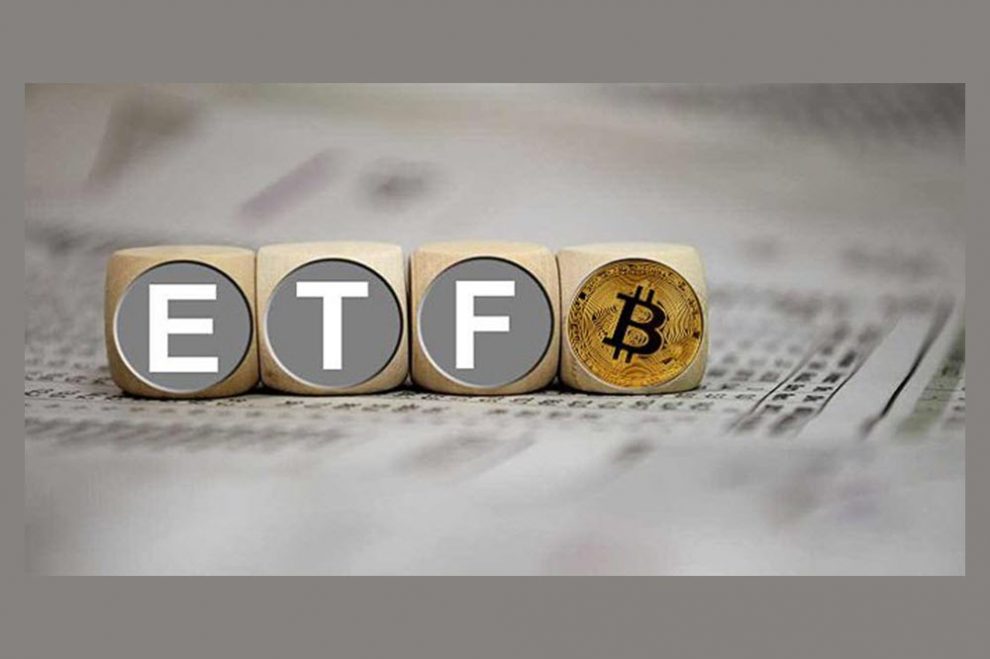Bitcoin ETF Inflows Top $800M as Market Braces for Possible Correction
13.11.2024 14:00 1 min. read Alexander Stefanov
Spot Bitcoin ETFs in the U.S. saw significant inflows this week, with $817.5 million on Tuesday, following Monday’s $1.1 billion.
Daily trading volume across 12 spot Bitcoin ETFs reached $5.7 billion on Tuesday, up from $2.8 billion last Friday, according to data from Farside.
BlackRock’s IBIT led Tuesday’s inflows with $778.3 million, totaling $1.93 billion for the week. Fidelity’s FBTC added $37.2 million, while Grayscale’s Mini Bitcoin Trust and VanEck’s HODL each saw over $10 million. Grayscale’s GBTC had $17.8 million in outflows, and Ark and 21Shares’ ARKB reported $5.4 million in net outflows.
Bitcoin’s recent price surge, driven by a crypto market rally after Donald Trump’s election win, has temporarily paused. The asset dropped 3.4% to $86,855 after briefly surpassing $90,000. Ether also declined 7.35% to $3,142.
Some analysts expect that Bitcoin’s pullback may reflect profit-taking among large holders, potentially leading to a short-term dip before an upward trend resumes, and that prices could additionally be impacted by today’s CPI release.
Spot Ethereum ETFs recorded significant activity on Tuesday, drawing in $135.9 million, their second-largest daily inflow since launch. BlackRock’s ETHA led the pack, attracting $131.5 million. Bitwise’s ETHW added nearly $17 million, and Grayscale’s Mini Ethereum Trust followed with inflows of $12.7 million.
-
1
Standard Chartered Becomes First Global Bank to Launch Bitcoin and Ethereum Spot Trading
15.07.2025 11:00 1 min. read -
2
What’s The Real Reason Behind Bitcoin’s Surge? Analyst Company Explains
12.07.2025 12:00 2 min. read -
3
Bitcoin Reaches New All-Time High Above $116,000
11.07.2025 7:56 1 min. read -
4
Canadian Bank Sees Bitcoin Hitting $155,000 by 2025
15.07.2025 10:00 1 min. read -
5
Peter Schiff Warns of Dollar Collapse, Questions Bitcoin Scarcity Model
12.07.2025 20:00 1 min. read
China and U.S. Plan Trade Truce Extension Before Talks: How It Can Affect Bitcoin
The United States and China are expected to extend their trade truce by 90 days. The extension would delay new tariffs and create space for fresh negotiations in Stockholm.
Ethereum Spot ETFs Dwarf Bitcoin with $1.85B Inflows: Utility Season in Full Swing
Ethereum is rapidly emerging as the institutional favorite, with new ETF inflow data suggesting a seismic shift in investor focus away from Bitcoin.
Ethereum Flashes Golden Cross Against Bitcoin: Will History Repeat?
Ethereum (ETH) has just triggered a golden cross against Bitcoin (BTC)—a technical pattern that has historically preceded massive altcoin rallies.
Bitcoin Banana Chart Gains Traction as Peter Brandt Revisits Parabolic Trend
Veteran trader Peter Brandt has reignited discussion around Bitcoin’s long-term parabolic trajectory by sharing an updated version of what he now calls the “Bitcoin Banana.”
-
1
Standard Chartered Becomes First Global Bank to Launch Bitcoin and Ethereum Spot Trading
15.07.2025 11:00 1 min. read -
2
What’s The Real Reason Behind Bitcoin’s Surge? Analyst Company Explains
12.07.2025 12:00 2 min. read -
3
Bitcoin Reaches New All-Time High Above $116,000
11.07.2025 7:56 1 min. read -
4
Canadian Bank Sees Bitcoin Hitting $155,000 by 2025
15.07.2025 10:00 1 min. read -
5
Peter Schiff Warns of Dollar Collapse, Questions Bitcoin Scarcity Model
12.07.2025 20:00 1 min. read


